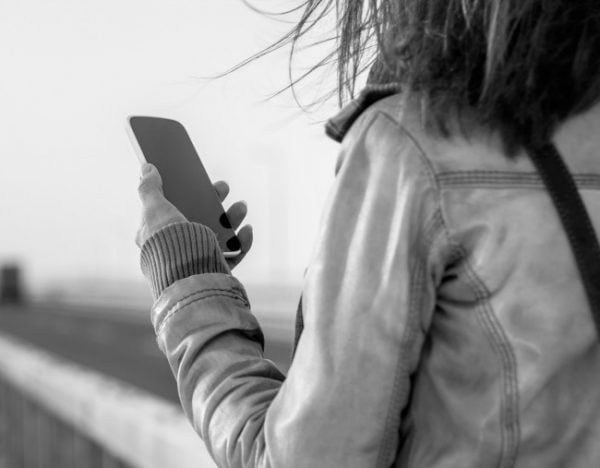If you are experiencing depression, please call Lifeline on 13 11 14 or Beyond Blue on 1300 22 4636. Help is available 24/7.
The connection between social media and mental health isn’t generally seen as a positive one. Just this May a survey found Instagram to be contributing to anxiety, depression, bullying and fear of missing out in young users.
But research out of the US suggests that the image-sharing platform could, in fact, be a useful tool for identifying if someone is struggling with their mental health.
In a study published in the journal EPJ Data Science, researchers from Harvard University and the University of Vermont suggested that it’s possible to identify a user with a history of depression by analysing their Instagram feed.
The team used machine-learning tools and image processing to examine 44,000 photographs posted by 166 study participants. These 166 people were either clinically ‘healthy’ or had received a diagnosis of depression in the past.
In doing so, researchers found that a number of revealing traits tended to be shared by the latter.





























































































